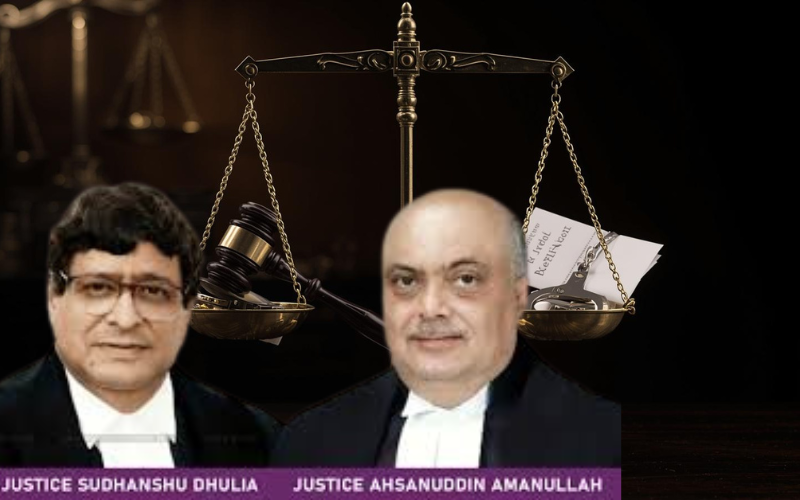Judges highlight abuse of process when civil and criminal cases overlap without clear criminality
In a landmark decision, the Supreme Court of India has quashed criminal proceedings against S. N. Vijayalakshmi and others in a contentious property dispute with the State of Karnataka, underscoring the inadmissibility of simultaneous civil and criminal proceedings on identical issues absent clear criminal intent.
Background: The case revolves around allegations of criminal conspiracy, breach of trust, and cheating under various sections of the Indian Penal Code (IPC). The appellants were accused of misappropriating property and engaging in deceitful practices concerning a piece of land in Bhoopasandra Village, Bangalore North Taluk. The complainant, Keerthiraj Shetty, alleged that the appellants had entered into an Agreement to Sell (ATS) the disputed property but subsequently refused to honor it, despite receiving significant sums as part of the deal.
Legal Proceedings: Initially, the complainant filed a civil suit seeking specific performance of the ATS and challenged various transactions conducted by the appellants, including a General Power of Attorney (GPA) and subsequent property transfers. Concurrently, a First Information Report (FIR) was registered, leading to criminal charges against the appellants. The Karnataka High Court refused to quash the FIR, prompting an appeal to the Supreme Court.
Supreme Court's Analysis: The bench, comprising Justices Sudhanshu Dhulia and Ahsanuddin Amanullah, meticulously examined the legal tenets surrounding criminal breach of trust and cheating. The court reiterated that for criminal charges to be sustained, there must be clear evidence of deceit or fraudulent intent from the outset. It found that the appellants had a legitimate title over the property and that the allegations in the FIR lacked the essential elements of criminality, such as inducement or dishonest intent at the transaction's inception.
Civil vs. Criminal Proceedings: The judgment emphasized that civil and criminal proceedings could only coexist if there was an overwhelming element of criminality. The Supreme Court noted that the ongoing civil suit covered the same grounds as the criminal case, and the initiation of criminal proceedings in this context amounted to an abuse of the legal process.
Quashing the FIR: In light of these findings, the Supreme Court quashed the FIR and all subsequent criminal proceedings against the appellants. The court also extended this relief to a co-accused not present before the court, ensuring parity and justice.
Further Implications: The judgment highlighted concerns over potential misuse of legal processes, particularly by statutory bodies like the Bangalore Development Authority (BDA), in the acquisition and subsequent handling of the disputed property. The court, invoking its powers under Article 142 of the Constitution, restrained the creation of third-party rights over the property until related civil and criminal matters were resolved.
Conclusion:
This ruling underscores the judiciary's role in preventing the misuse of criminal law in civil disputes, setting a precedent for distinguishing between civil and criminal liabilities in property-related cases. The decision not only provides relief to the appellants but also serves as a cautionary tale against the overlap of civil and criminal proceedings without substantial criminal evidence.
S. N. Vijayalakshmi v. State of Karnataka, (SC) : Law Finder Doc Id # 2757497




